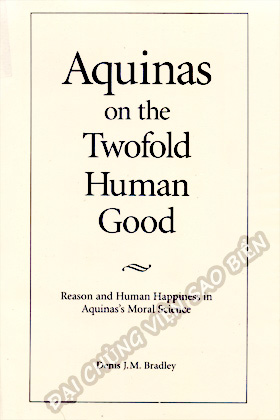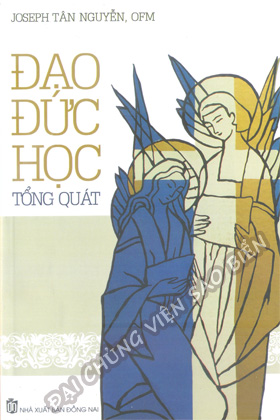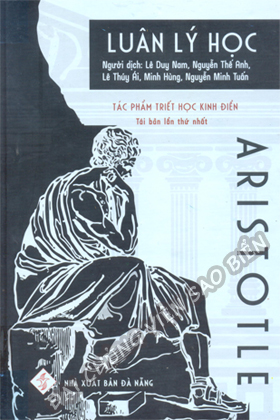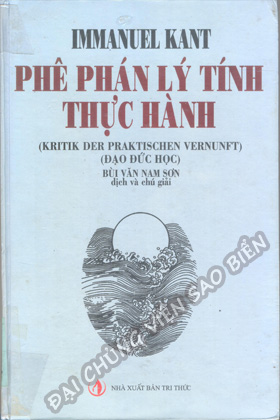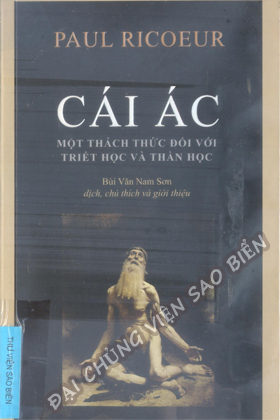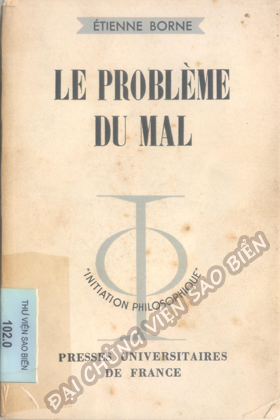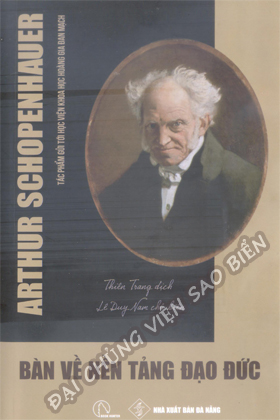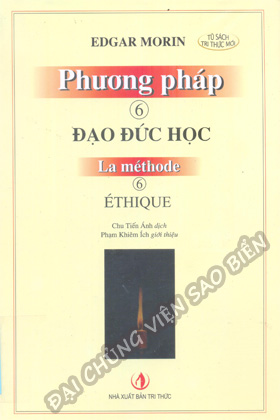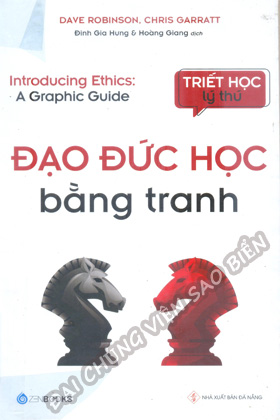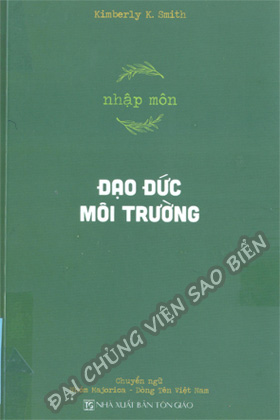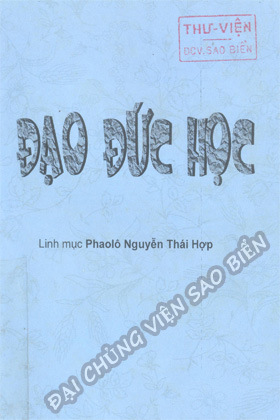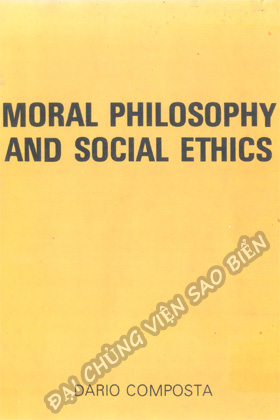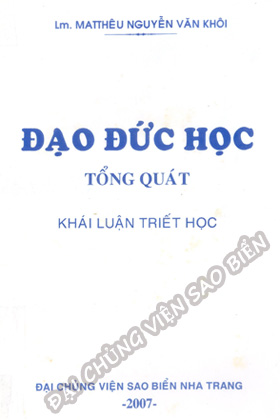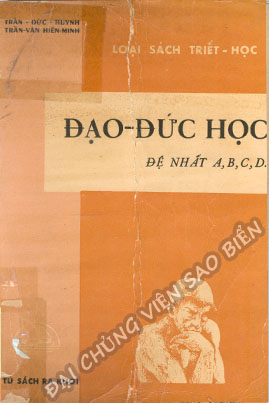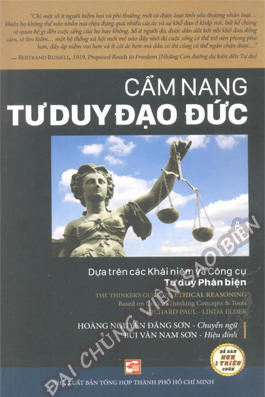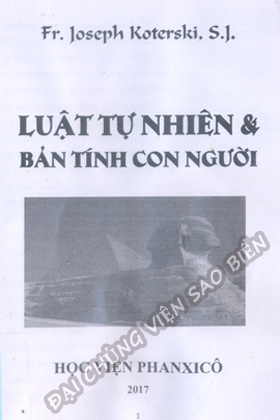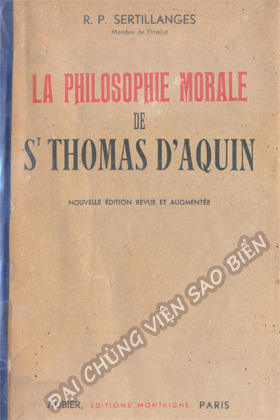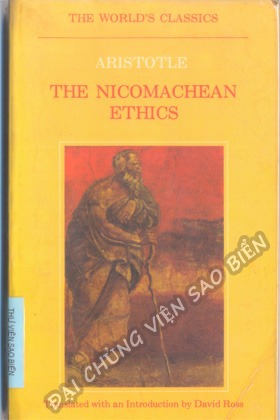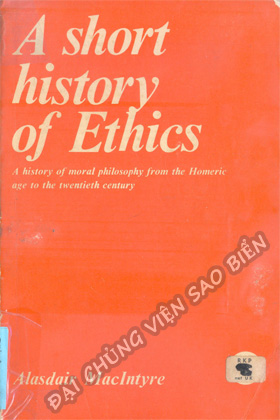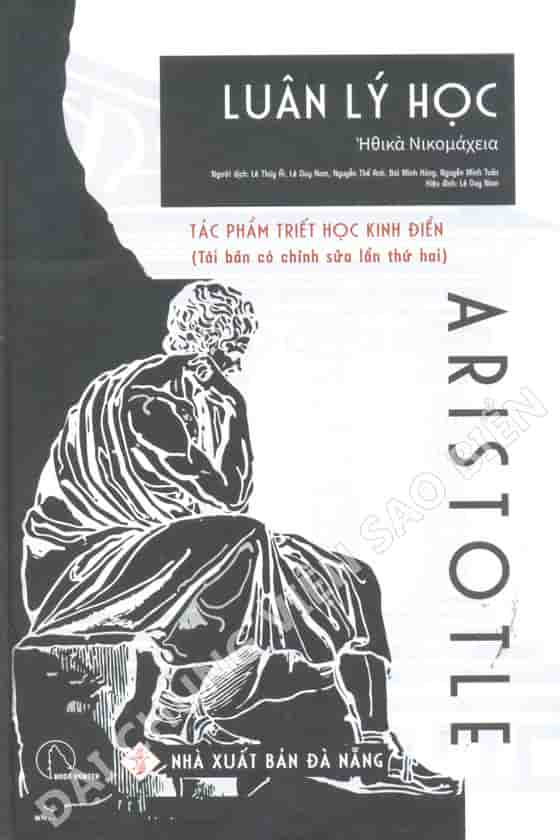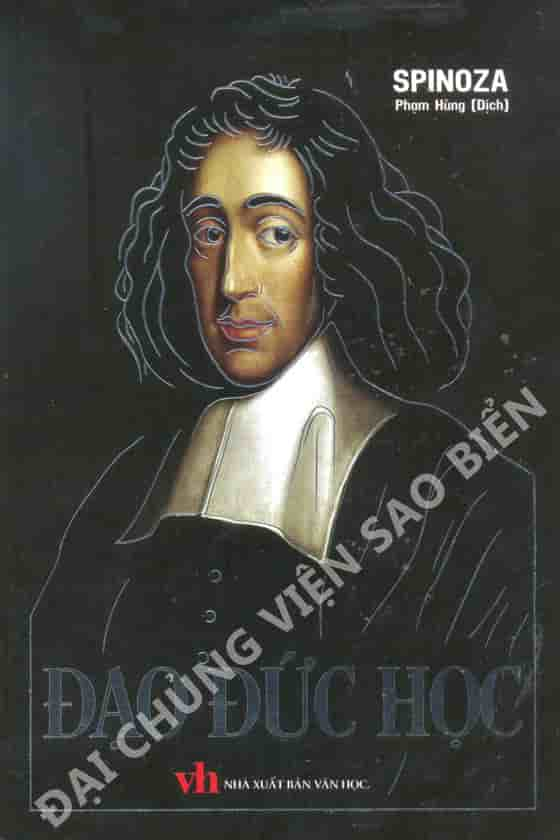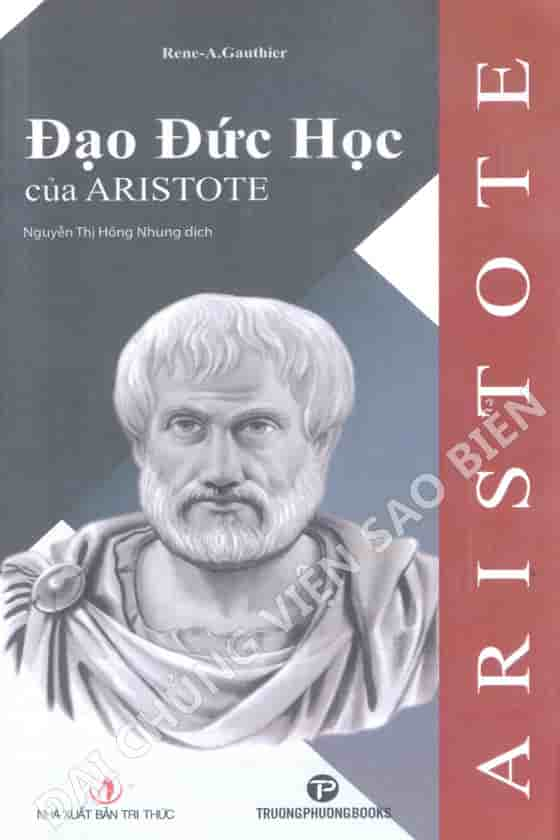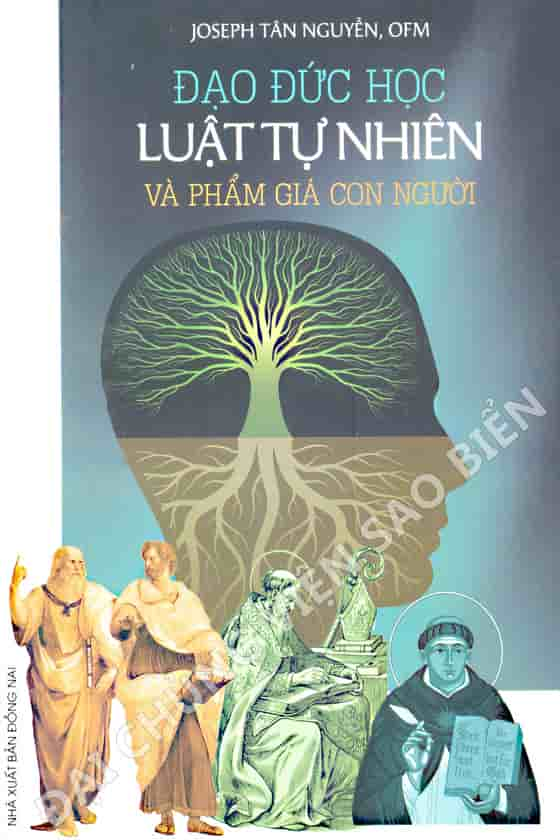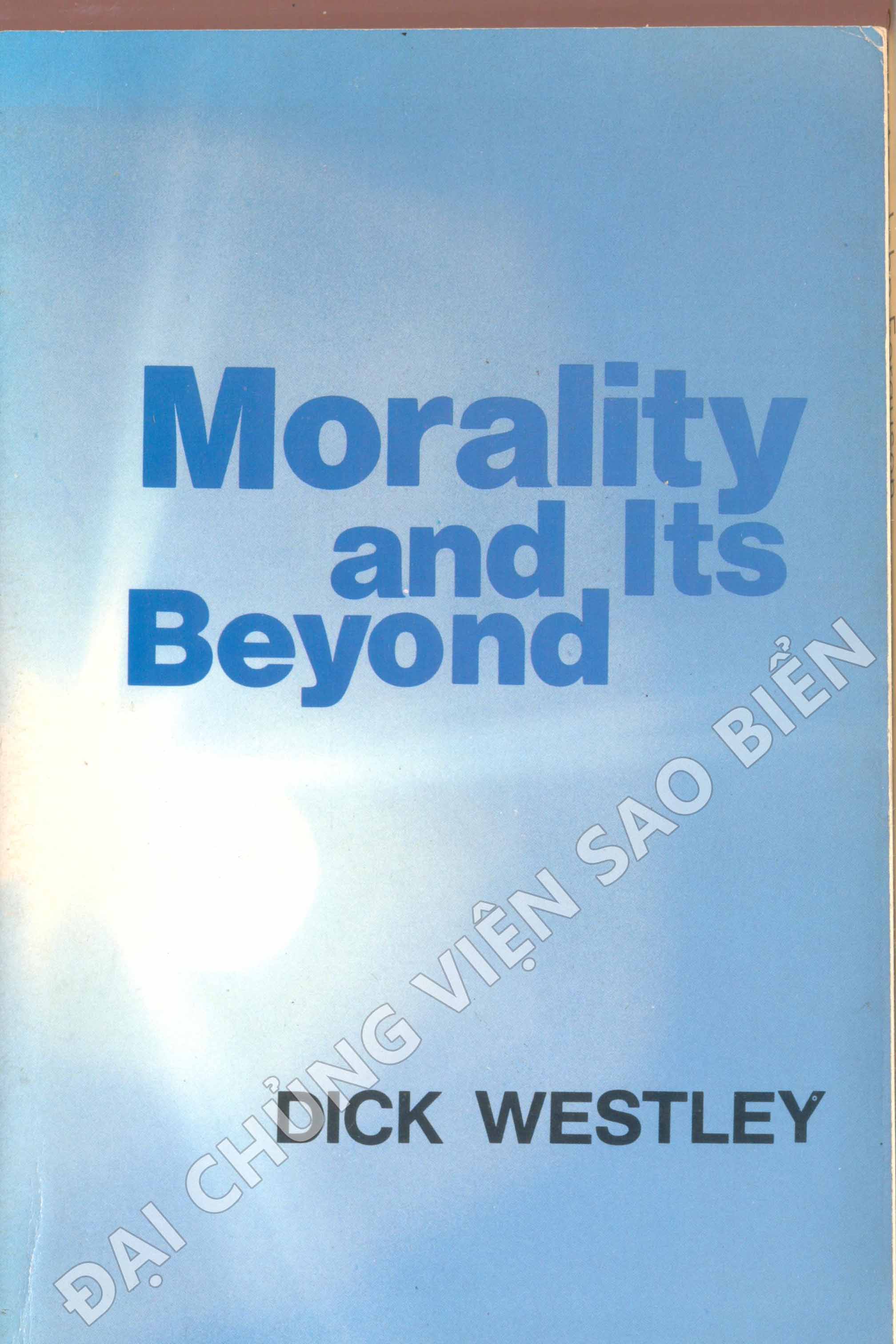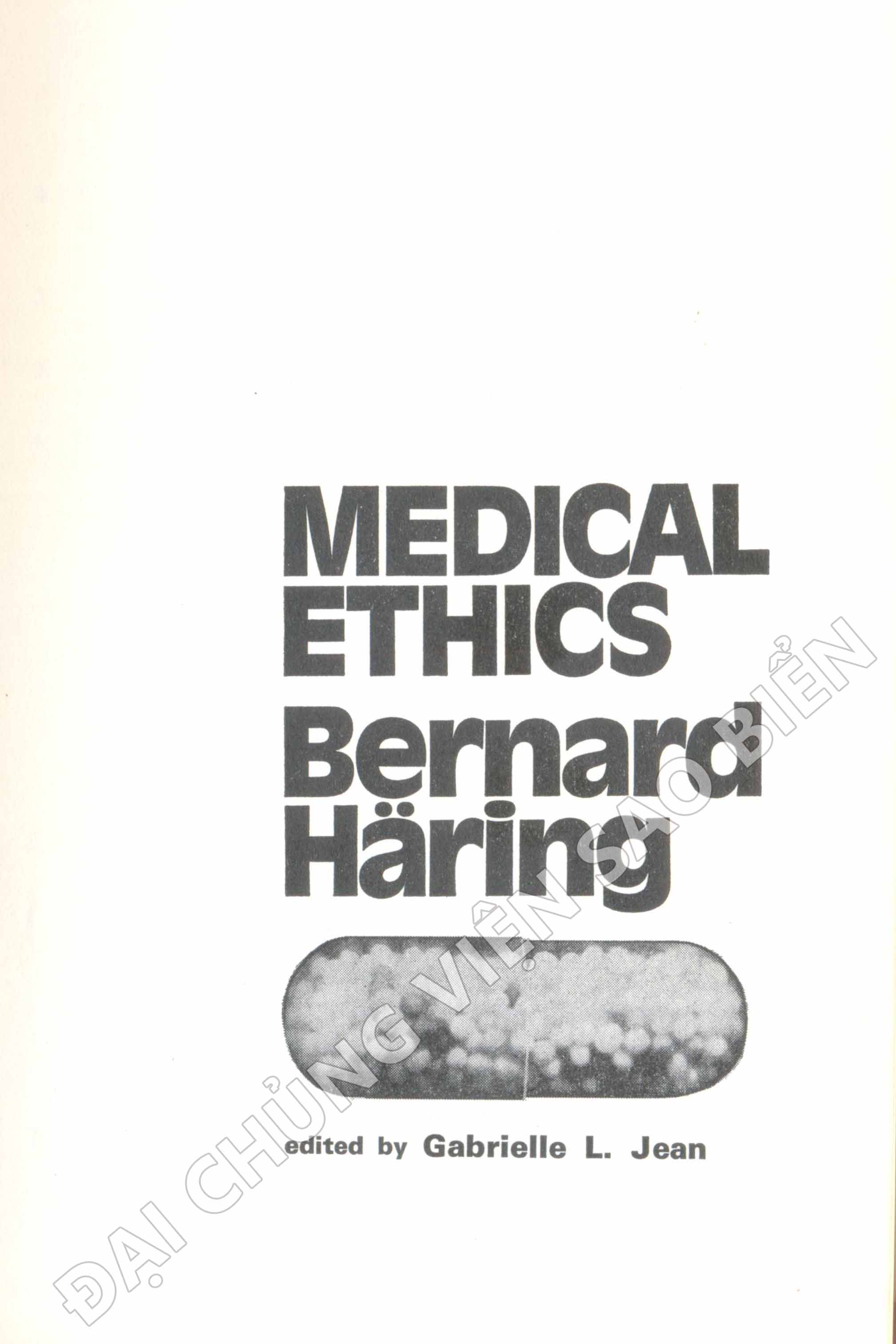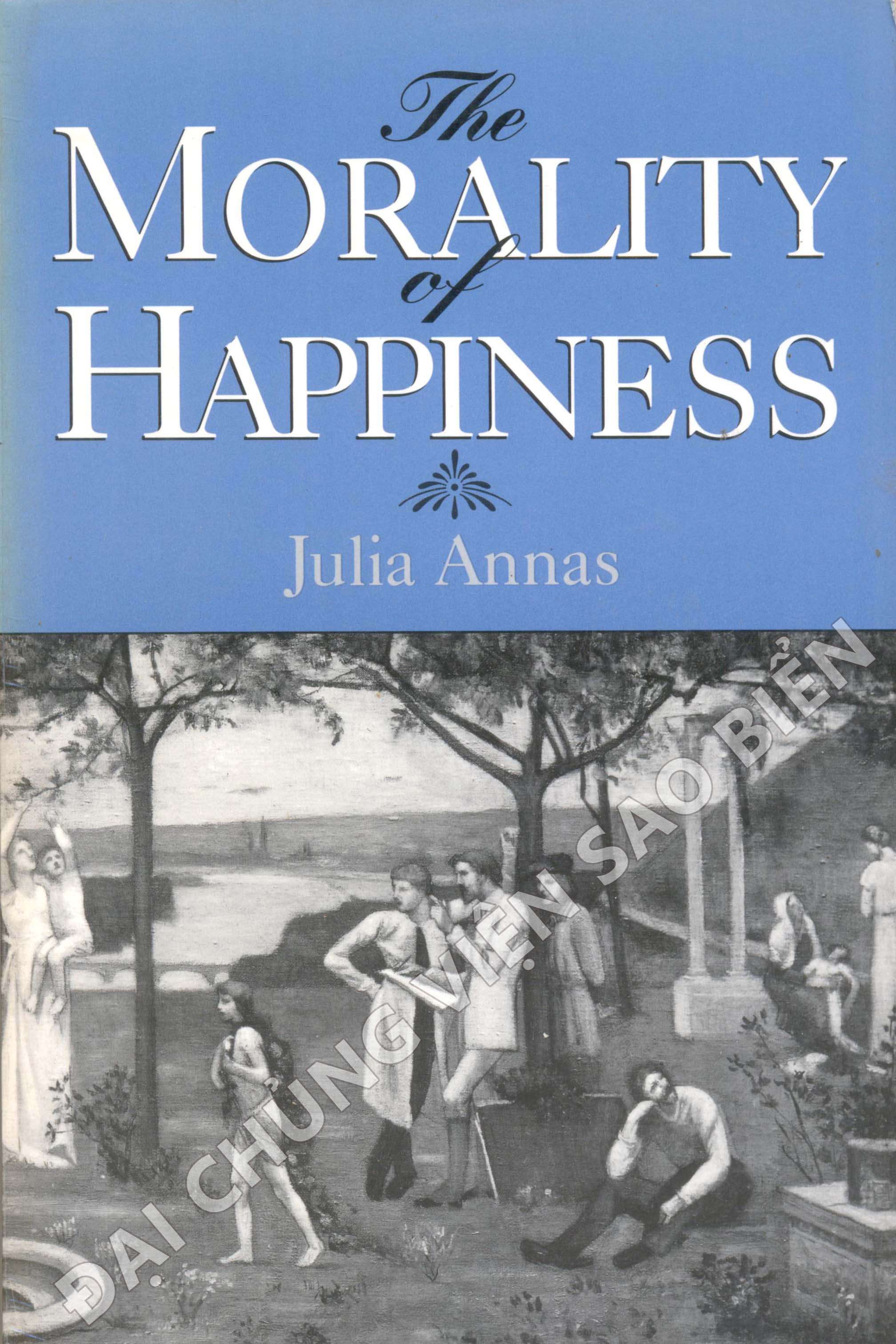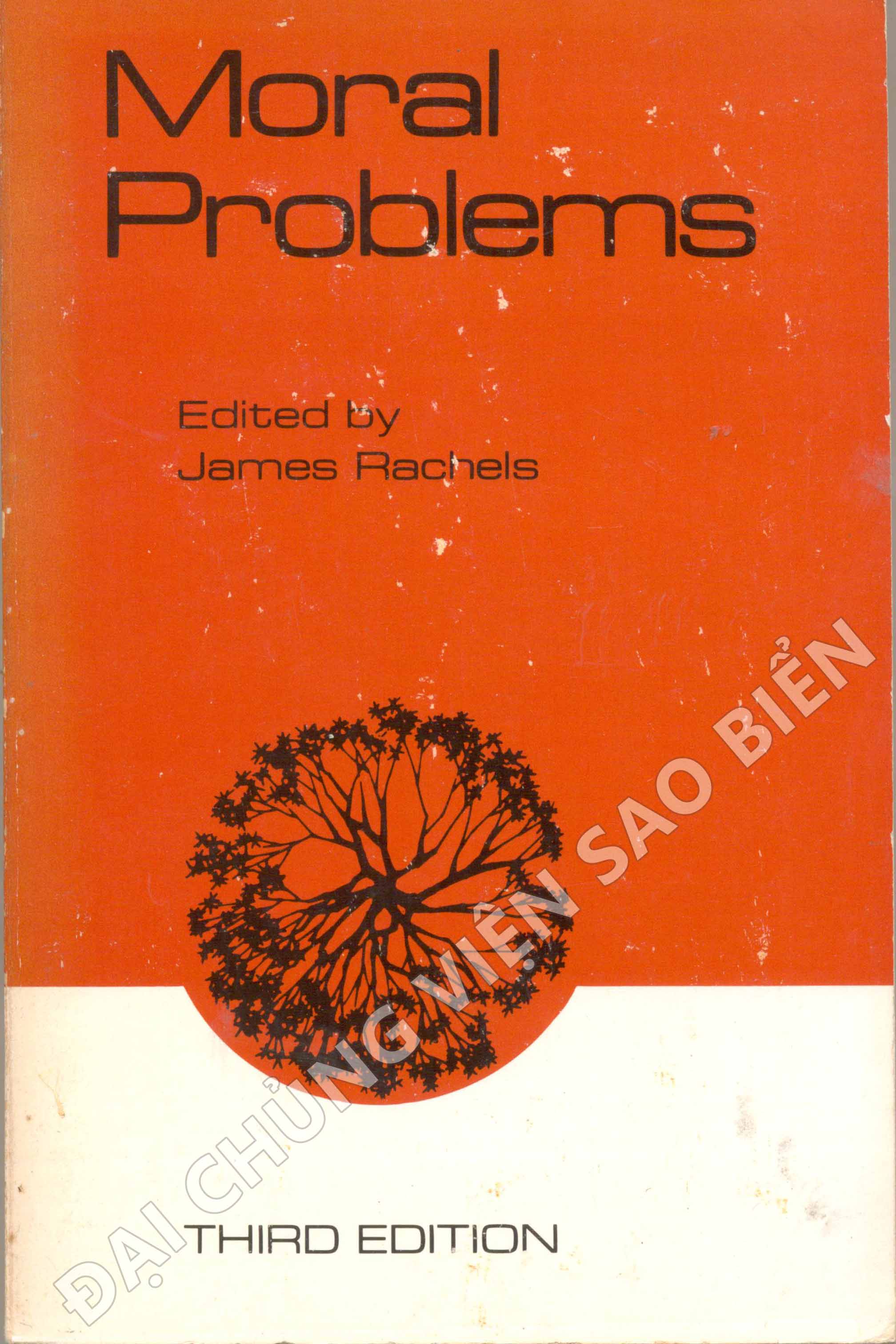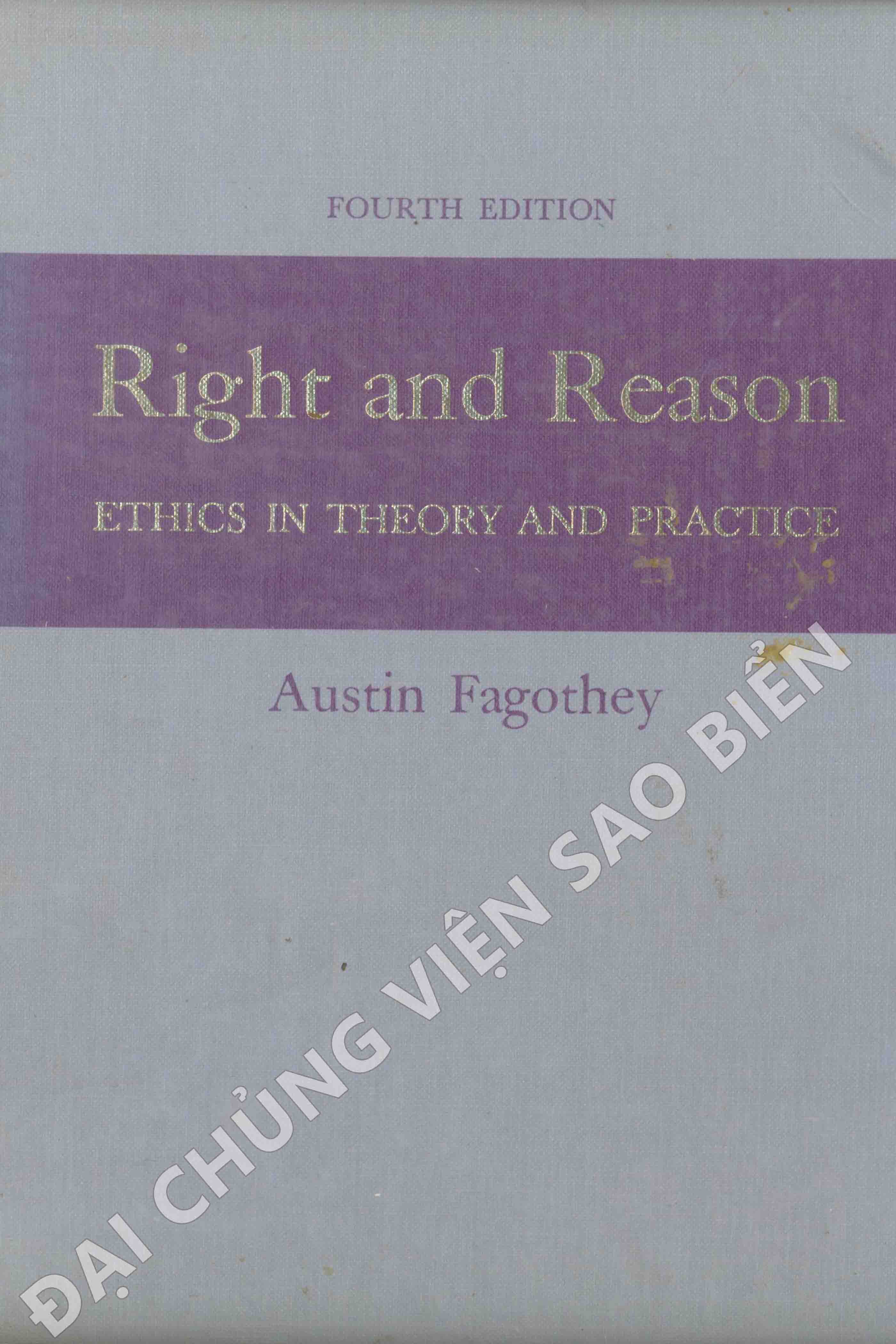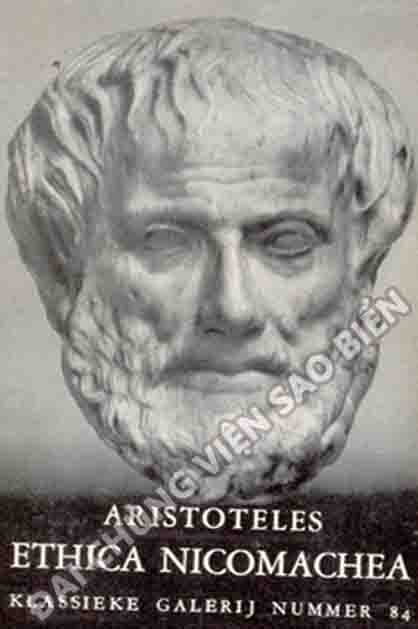| Preface |
xi |
| Acknowledgments |
xiv |
| I. Aquinas's Theological Ethics |
|
| 1. Philosophy, Theology, and “Moral Theory” |
3 |
| 2. “Christian Philosophy” |
24 |
| 3. “Christian Philosophy” and Philosophical Pluralism |
31 |
| 4. Autonomous Thomistic Philosophy |
41 |
| 5. Faith and Reason |
49 |
| 6. Theology and Moral Science |
52 |
| 7. Revelation and Human Intelligence |
55 |
| 8. Revelation and Morality |
58 |
| II. Science and Theology |
|
| 1. Aristotelian Science |
63 |
| 2. “Certitude” |
68 |
| 3. The “Subject” of Theology |
78 |
| 4. Reason and Revelation |
79 |
| 5. Philosophy and Theology |
84 |
| 6. Philosophy and Aquinas's Moral Science |
88 |
| 7. Theology and “Sacred Doctrine" |
91 |
| III. Aquinas Reading Aristotle |
|
| 1. Aquinas's Aristotelian “Commentaries” |
102 |
| 2. Aquinas's Theological Point of View |
108 |
| 3. Ethics in a Theological Context |
128 |
| 4. Eternal Law and Natural Law |
134 |
| IV. Aristotle: Practical Wisdom |
|
| 1. Reason and Desire |
138 |
| 2. Aristotle: Practical Reasoning |
155 |
| 3. Indemonstrable Principles |
167 |
| 4. Knowledge of First Principles |
172 |
| 5. Is Aristotle's Ethics a “Science”? |
184 |
| V. Aristotle: Deliberation and Choice |
|
| 1. “The Narrow View” |
199 |
| 2. The Expanded View of Aristotelian “Phronesis” |
207 |
| 3. “Phronesis” and the Ultimate End of Human Life |
227 |
| 4. Dialectic and Ethics |
234 |
| 5. Aligning Aristotle and Aquinas |
237 |
| VI. Practical Reason: The Primary Source of Natural Law |
|
| 1. Practical Reason and Natural Law |
257 |
| 2. Metaphysics and Ethics |
260 |
| 3. The Practical Sciences |
266 |
| 4. Ethics and the “Metaphysics of Action” |
272 |
| 5. Ontological and Moral Goodness |
275 |
| 6. Moral Goods and the First Practical Principle |
282 |
| 7. Theoretical Explanations of Practical Goods |
288 |
| 8. Indemonstrable Practical Principles |
296 |
| 9. The Generic Character of the First Practical Principle |
313 |
| 10. The Basic Ends of Practical Reason |
319 |
| VII. Will: The Secondary Source of Natural Law |
|
| 1. Natural Desire |
323 |
| 2. The Twofold Operation of the Intellect |
326 |
| 3. The Cognitive and Appetitive Sources of the Natural Law |
332 |
| 4. Practical Judgments |
338 |
| 5. The Intellectual and Volitional Elements of the Complete Human Act |
340 |
| 6. Prescription |
347 |
| 7. “Commands” |
353 |
| 8. “Voluntarism” |
355 |
| 9. Necessity and Freedom |
361 |
| 10. The Divine Intellect and Will |
364 |
| VIII. Imperfect and Perfect Happiness |
|
| 1. The Pertinence of Metaphysics |
369 |
| 2. Ethics and Politics |
371 |
| 3. Aristotelian Eudaimonia: Inclusivist or Exclusivistl |
377 |
| 4. The Instrumental Value of Moral Virtue |
383 |
| 5. The Intrinsic Value of Moral Virtue |
387 |
| 6. Contemplation and Politics |
390 |
| 7. Aquinas on “Imperfect Happiness” |
395 |
| 8. The Averroist Criticism of Aquinas |
404 |
| 9. Happiness and Immortality |
408 |
| 10. Aristotelian Philosophy and the End of Man |
421 |
| IX. A Paradoxical Ethic |
|
| 1. “Seeing God” |
424 |
| 2. Ultimate Beatitude |
431 |
| 3. A Theological Contradictiont |
440 |
| 4. Obediential Potency |
448 |
| 5. The Thomistic Concept of “Natural Desire” |
455 |
| 6. Modern Theological Controversies |
471 |
| X. A Thomistic Philosophical Ethics? |
|
| 1. The Dilemma |
482 |
| 2. Jacques Maritain: “Moral Philosophy Adequately Considered” |
495 |
| 3. Santiago M. Ramirez, O.P. |
506 |
| 4. Thomistic Moral Science: A Philosophical Paradox |
514 |
| Bibliography and Indices |
|
| Works by St Thomas Aquinas and Their Abbreviations |
537 |
| Works by Ancient, Medieval, and Early Modern Authors |
541 |
| Works by Modern and Contemporary Authors |
543 |
| Name Index |
571 |
| Subject Index |
575 |
| Aristotle: Texts Cited |
583 |
| Thomas Aquinas: Texts Cited |
592 |
